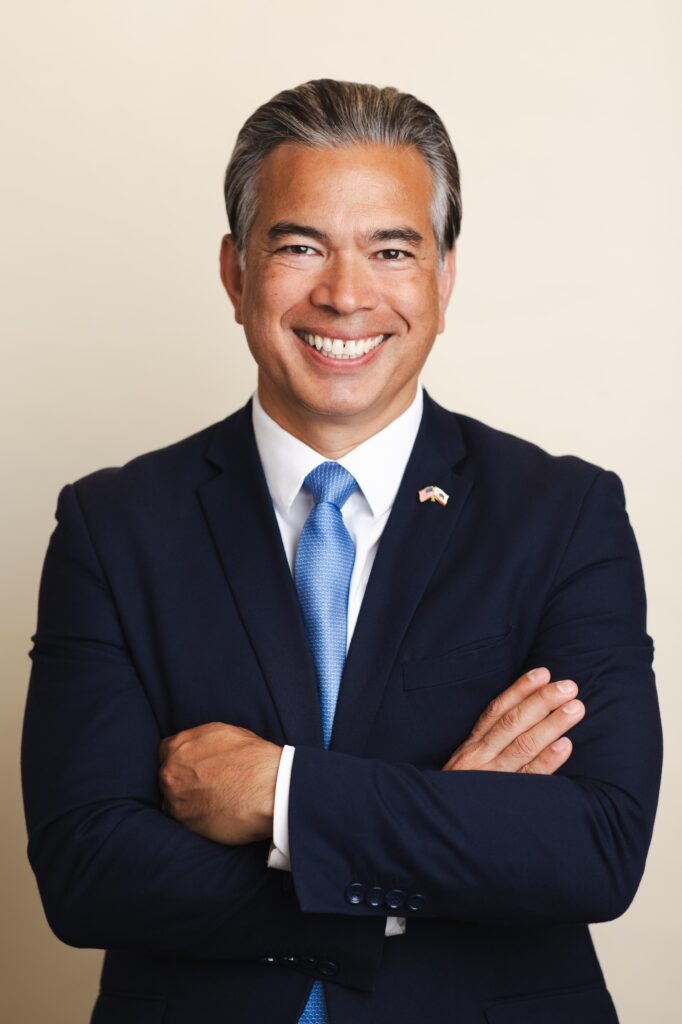In a significant development for the world of online gaming, California Attorney General Rob Bonta is reportedly preparing to implement a statewide ban on all daily fantasy sports (DFS) platforms. According to an exclusive report by Legal Sports Report, the move aims to address mounting regulatory and legal concerns surrounding the rapidly growing industry. This potential prohibition could have far-reaching implications for players, operators, and the broader fantasy sports market in the nation’s most populous state.
California Attorney General Moves to Ban All Daily Fantasy Sports Activities
The California Attorney General has taken a decisive stand against the thriving daily fantasy sports (DFS) industry, signaling a comprehensive crackdown on these activities across the state. This unprecedented move aims to classify all DFS contests under the realm of illegal gambling, challenging the longstanding argument that such platforms operate skill-based competitions rather than games of chance. By targeting operators who have enjoyed a relatively open market in California, the AG’s initiative could reshape the entire landscape of daily fantasy sports and prompt a ripple effect in regulatory approaches nationwide.
Key points highlighted in the AG’s proposal include:
- Strict enforcement: Immediate suspension of all DFS offerings pending legal review
- Consumer protection focus: Increased efforts to safeguard players from potential fraud and addiction
- Legal clarity: Clearer statutory definitions distinguishing gambling from skill games
| Aspect | Current Status | Proposed Change |
|---|---|---|
| Legality | Unclear/Disputed | Declared Illegal |
| Player Access | Open Market | Suspended |
| Enforcement | Minimal | Strict & Immediate |
Legal Implications and Potential Impact on the Fantasy Sports Industry
The move by the California Attorney General to ban daily fantasy sports (DFS) carries significant legal ramifications for operators and participants alike. This prohibition is poised to place DFS under the same scrutiny as traditional gambling, potentially classifying these contests as illegal betting under state law. Consequently, companies running DFS platforms may face hefty fines, license revocations, and even criminal charges if they continue to operate. Furthermore, players risk losing access to their accounts and any earned winnings, eroding consumer confidence in the sector.
The broader industry could experience a ripple effect, especially in jurisdictions observing California’s lead. Key potential impacts include:
- Chilling effects on innovation: Startups may hesitate to enter or expand within the DFS market fearing regulatory uncertainty.
- Shift in market dynamics: Operators could pivot towards traditional season-long fantasy sports or non-contest models to circumvent restrictions.
- Legal challenges: Several companies may challenge the ban in court, citing federal commerce protections and differing interpretations of DFS legality.
- Compliance overhaul: Existing operators must urgently revise compliance protocols and legal strategies to adapt.
| Stakeholder | Potential Impact | Next Steps |
|---|---|---|
| DFS Operators | License termination, legal exposure | Legal defense, market pivot |
| Players | Loss of access, frozen funds | Seek refunds, legal recourse |
| Industry Observers | Regulatory uncertainty | Monitor legislation trends |
Reactions from Stakeholders and Industry Experts on the Proposed Ban
Industry experts have expressed a mix of concern and caution following the announcement of the proposed ban. Leading voices from the fantasy sports sector warn that the decision could set a troubling precedent not only for California but for other states considering similar regulations. John Miller, CEO of FantasySports Insights, noted that “such sweeping legislation risks stifling innovation and undermines consumer choice, especially for those who responsibly engage with daily fantasy platforms.” Meanwhile, legal analysts highlight the complex balance policymakers must strike between consumer protection and the growing popularity of skill-based gaming.
On the other hand, advocacy groups focused on gambling addiction and youth protection applaud the move, emphasizing the potential benefits of strict regulations. Representatives argue that the ban could significantly reduce problematic gambling behaviors among vulnerable demographics. Below is a snapshot of key stakeholder reactions:
- Fantasy Sports Companies: Criticize the ban as overly broad and detrimental to business growth.
- Consumer Rights Advocates: Call for clearer guidelines rather than an outright ban.
- Public Health Officials: Applaud the focus on reducing gambling harms.
- Legal Experts: Urge for layered regulations to differentiate skill from chance.
| Stakeholder | Position | Key Concern |
|---|---|---|
| Fantasy Sports Industry | Opposed | Business impact, innovation stifling |
| Gambling Addiction Groups | Supportive | Protecting vulnerable users |
| Consumer Protection Advocates | Cautious | Need for balanced regulation |
| Legal Scholars | Neutral | Clarifying skill vs. chance |
Recommendations for Operators Navigating the Upcoming Regulatory Changes
Operators must prioritize compliance by conducting a thorough review of their platforms, identifying features that may conflict with the proposed ban. Engaging proactively with legal counsel is crucial to navigate the intricacies of California’s regulatory landscape. Beyond legal assessments, companies should also bolster their customer communication strategies to transparently inform users about changes in service availability, preventing reputational damage and fostering trust.
Strategic adaptation will be key in preserving business viability amid the impending restrictions. Operators are advised to:
- Develop alternative offerings such as skill-based games or non-fantasy sports betting products compliant with California law.
- Invest in market analysis to identify untapped jurisdictions with favorable regulations and diversify revenue streams.
- Engage with state regulators through industry groups to advocate for clear, balanced policies addressing consumer protections without stifling innovation.
A proactive approach, combining legal foresight and strategic business planning, will better position operators against the uncertainty this ban presents.
| Recommendation | Action Item | Expected Outcome |
|---|---|---|
| Compliance Audit | Review platform features and terms | Identify and mitigate legal risks |
| Customer Communication | Notify users of service changes | Maintain brand trust and loyalty |
| Product Diversification | Develop skill-based alternatives | Capture new revenue channels |
| Regulatory Engagement | Participate in industry advocacy | Influence policy with industry insights |
The Way Forward
As the California Attorney General moves toward a potential ban on all daily fantasy sports, the landscape of fantasy gaming in the state stands on the brink of significant change. Stakeholders from operators to players will be watching closely as regulatory developments unfold, with broader implications for the fantasy sports industry nationwide. Further updates on this evolving story will be provided as more information becomes available.





